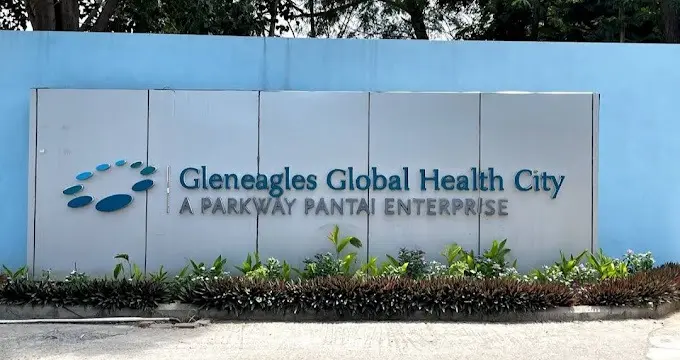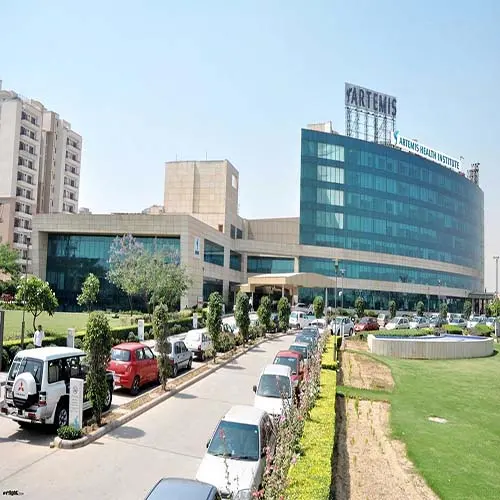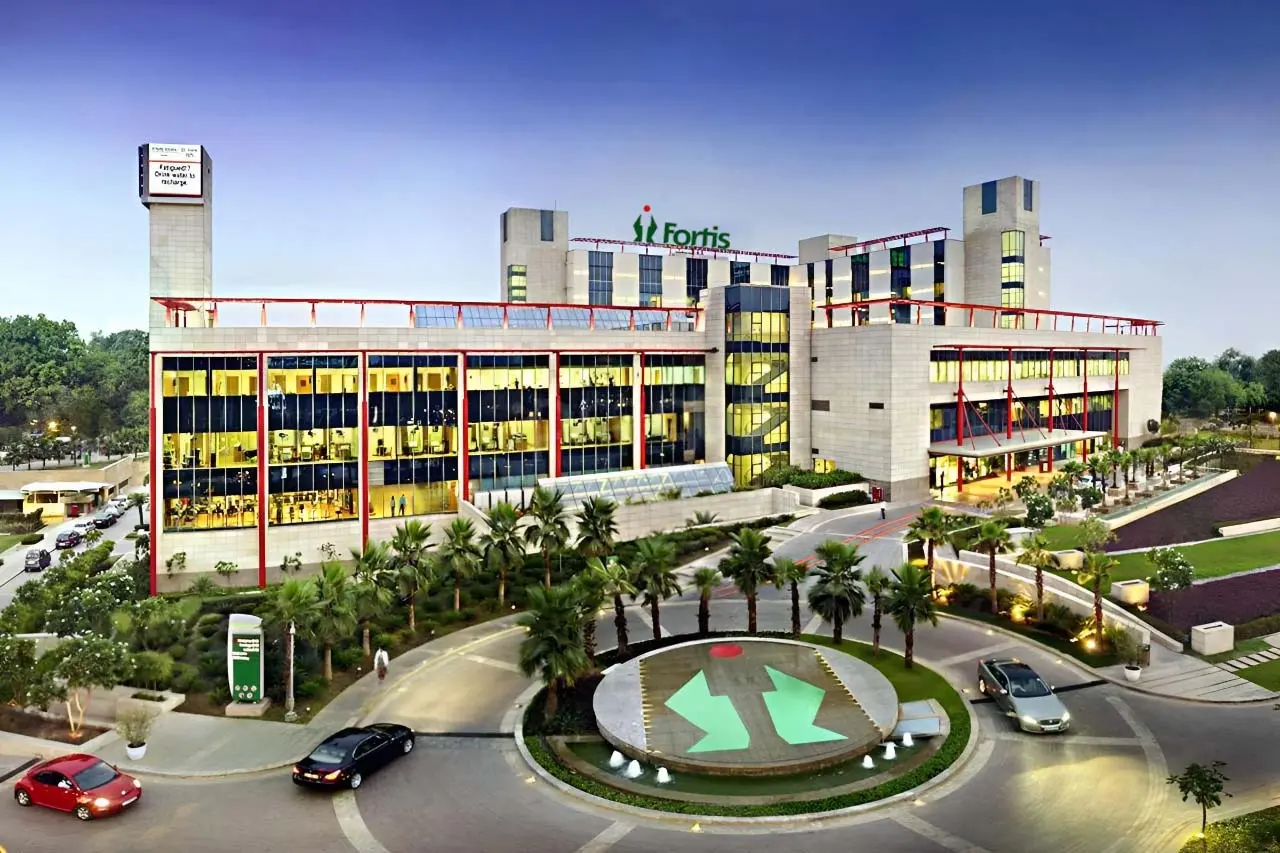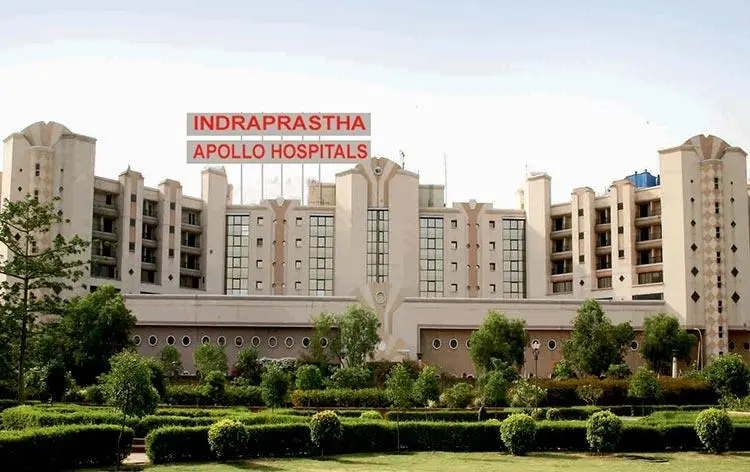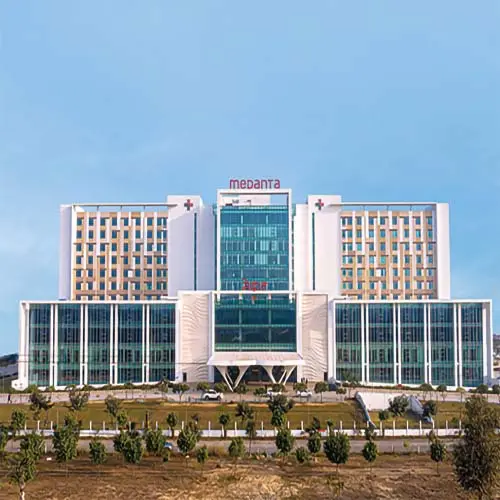Pancreatic Transplant cost in India
The pancreatic transplant cost in India ranges from $47,000 to $55,000, which is approximately 39,95,000 to 46,75,000 Indian Rupees. This cost typically includes the expenses for surgery, hospitalisation, pre-transplant evaluation, and post-operative care for the patient. Most of the times, a combined pancreas-kidney transplant is required. The cost may change, depending on the hospital and complexity of the case.
Advanced techniques such as robot-assisted pancreas transplants or minimally invasive approaches may further add to the cost but the eligibility for these techniques is limited.
Cost Range of Pancreatic Transplant cost in India
What is a Pancreatic Transplant?
A pancreatic transplant is a surgical procedure in which a healthy pancreas from a donor is placed into a person whose own pancreas no longer works properly. It is most commonly done for people with type 1 diabetes, especially when their blood sugar levels are difficult to control or they have serious complications like kidney failure.
In most cases, the patient’s own pancreas is not removed—the donor pancreas is simply added to help restore normal insulin production. In India, pancreas transplant is done from a cadaveric donor.
Get a free cost estimate
Who is a candidate for a pancreatic transplant in India?
A candidate for a liver transplant in India typically meets the following criteria:
Primary Indications
Type 1 Diabetes Mellitus
- Poorly Controlled Diabetes: Despite optimal insulin therapy, patients experience wide blood sugar fluctuations, severe hypoglycaemia, or hypoglycaemia unawareness.
- Long-term Insulin Dependence: Patients dependent on insulin injections for survival, particularly those with brittle diabetes.
Kidney Disease Related to Diabetes
- Simultaneous Pancreas-Kidney Transplant (SPK): Ideal for patients with type 1 diabetes and end-stage renal disease (ESRD). This is the most common type of pancreatic transplant.
- Pancreas After Kidney Transplant (PAK): Suitable for patients who have already received a kidney transplant and need a pancreas transplant later.
Pancreas Transplant Alone (PTA)
- For patients with life-threatening hypoglycemia or very poor glucose control but with normal kidney function.
Eligibility Criteria
- Age: Typically between 18 and 55 years. Older patients may be considered on a case-by-case basis.
- Type 1 Diabetes Diagnosis: Usually confirmed by low or undetectable C-peptide levels.
- Good General Health: Candidates must be physically able to undergo major surgery and handle immunosuppressive medications.
- No Active Infections or Cancer: Conditions such as uncontrolled infections or active malignancy may disqualify a patient.
- Absence of Severe Cardiovascular Disease: As it increases surgical risk.
- No Current Substance Abuse: A history of alcohol or drug abuse must be well-controlled or in remission.
- Stable Mental Health: Candidates must be psychologically fit to manage the emotional and medical demands of the transplant and recovery.
Psychosocial and Support Requirements
- Strong Support System: Family or caregiver support is essential for medication adherence and follow-up care.
- Commitment to Post-Transplant Care: Includes lifelong immunosuppressive therapy and regular medical follow-ups.
- Psychological Readiness: Ability to cope with the demands of the transplant journey and long-term lifestyle adjustments.
Types of Pancreatic Transplant Surgery Cost
Here is an overview of the common types of Pancreatic Transplant Surgeries along with their approximate cost range in USD:
Type of Pancreatic Transplant | Description | Estimated Cost (USD) |
Pancreas Transplant Alone (PTA) | For patients with type 1 diabetes and normal kidney function but with severe blood sugar instability or hypoglycaemia unawareness. | $45,000 – $55,000 |
Simultaneous Pancreas-Kidney (SPK) | Most common. For patients with type 1 diabetes and end-stage kidney disease (ESRD), both organs are transplanted together. | $48,000 – $60,000 |
Pancreas After Kidney Transplant (PAK) | For patients who have previously undergone a kidney transplant and later receive a pancreas transplant. | $42,000 – $48,000 |
Islet Cell Transplantation (Experimental) | Less invasive. Transplant of insulin-producing islet cells into the liver; available at select centres. | $35,000 – $42,000 |
Get a free cost estimate
Pancreatic Transplant Cost in India Inclusions
- Patient investigations before surgery
- Surgeon fee, OT charges, anesthesia
- Pre-operative outpatient consultations
- Routine drugs and consumables required during hospitalization
- Pre-anesthesia check up and clearance
- Hospital stay and meals as per the package
Pancreatic Transplant Cost in India Exclusions
- Hotel stay, meals and flights
- Extended hospital stay
- Post-operative follow-ups and medical management
- Post-operative dressing and nurse visits
- Any blood products
- Complications management
- Treatment for any other underlying medical conditions
- Any complex investigations
- Anything not covered in the package
Other Factors Affecting Pancreatic Transplant Surgery Cost in India
- Age of the patient and diagnosis
- Choice of location, doctor and hospital
- Pre-existing medical history
- Type of Pancreatic transplant
- Overall patient status and condition at the time of transplant
Diagnostic Tests for Pancreatic Transplant Surgery
Type of Test | Purpose | Estimated Cost (USD) |
Blood Tests | Basic and advanced blood work for both donor and recipient, including blood typing, cross-matching, kidney & liver function tests, infection screening (HIV, Hepatitis B/C), and immune markers. | $500 – $800 |
C-Peptide and Autoantibody Testing | To confirm type 1 diabetes and assess residual insulin production by measuring C-peptide levels and diabetes-specific antibodies. | $250 – $350 |
Radiological Imaging (CT/MRI/Ultrasound) | To evaluate organ size and blood supply and detect any abnormalities in the pancreas, liver, and kidneys. | $800 – $1,200 |
Cardiac Assessment (ECG/Echo/Stress Test/Angiography) | To assess cardiovascular health and determine fitness for major surgery. | $800 – $1,000 |
HLA Typing & Panel Reactive Antibody (PRA) Testing | To evaluate tissue compatibility and immune sensitisation between donor and recipient. | $500 – $800 |
Psychosocial Evaluation | Psychological assessment to ensure the patient is mentally prepared for transplant and long-term care. | $100 – $200 |
Why India is Preferred as One of the Best Countries for Pancreatic Transplant?
India has become one of the leading destinations for pancreatic transplants because it offers a strong combination of advanced medical infrastructure, highly skilled transplant surgeons, and cost-effective treatment. Modern transplant centres in the country are equipped with state-of-the-art operation theatres, advanced imaging systems, robotic surgery capabilities, and dedicated transplant ICUs that meet strict international safety and hygiene protocols.
One of the biggest advantages for international patients is the availability of both living donor and cadaveric pancreas transplants. Through the National Organ and Tissue Transplant Organisation (NOTTO), foreign nationals are eligible for cadaveric organ allocation, with an average waiting time of just 2 to 3 months. This is significantly shorter compared to many Western countries, where patients may wait years for a matching organ.
India’s transplant surgeons are internationally trained and have extensive experience in managing complex pancreatic conditions, often performing hundreds of successful transplants annually. According to available healthcare data, the success rate for pancreas transplants in India ranges from 80 to 90 percent, on par with the best global standards.Another key factor that draws patients from around the world is affordability.
While the cost of a pancreatic transplant in the United States or Europe can range from $250,000 to $400,000, in India the procedure is typically available for $25,000 to $40,000, including pre-surgery evaluation, surgery, hospital stay, and post-transplant care.
International patients also benefit from comprehensive care packages that include visa assistance, interpreter services, airport transfers, comfortable accommodation options, and long-term follow-up programs. With its world-class facilities, experienced specialists, short waiting times, and patient-focused services, India has firmly established itself as one of the best global destinations for pancreatic transplant surgery.
Best Hospitals For Pancreatic Transplant in India
FAQs
A pancreatic transplant is a surgery where a healthy pancreas from a donor is placed into a patient whose pancreas is not working properly. It is usually done for people with severe diabetes or serious pancreas-related problems.
This surgery is mostly recommended for:
Patients with type 1 diabetes that cannot be controlled with insulin
People with serious complications of diabetes such as kidney failure
In some cases, people with type 2 diabetes (if their body cannot use insulin properly)
Yes, pancreatic transplant surgeries are available in India at specialized hospitals with advanced transplant centers. India is among the leading countries offering affordable and successful pancreas transplants.
India has high success rates, with around 85–90% one-year survival rate for patients and good long-term outcomes when patients follow medical advice.
In most cases, patients do not need insulin after a successful transplant because the new pancreas produces insulin normally. However, regular monitoring and follow-up are required.
- Taking medicines (immunosuppressants) regularly
- Regular follow-up visits with the doctor
- Eating a healthy, balanced diet
- Avoiding smoking and alcohol
- Keeping blood sugar, blood pressure, and cholesterol under control

